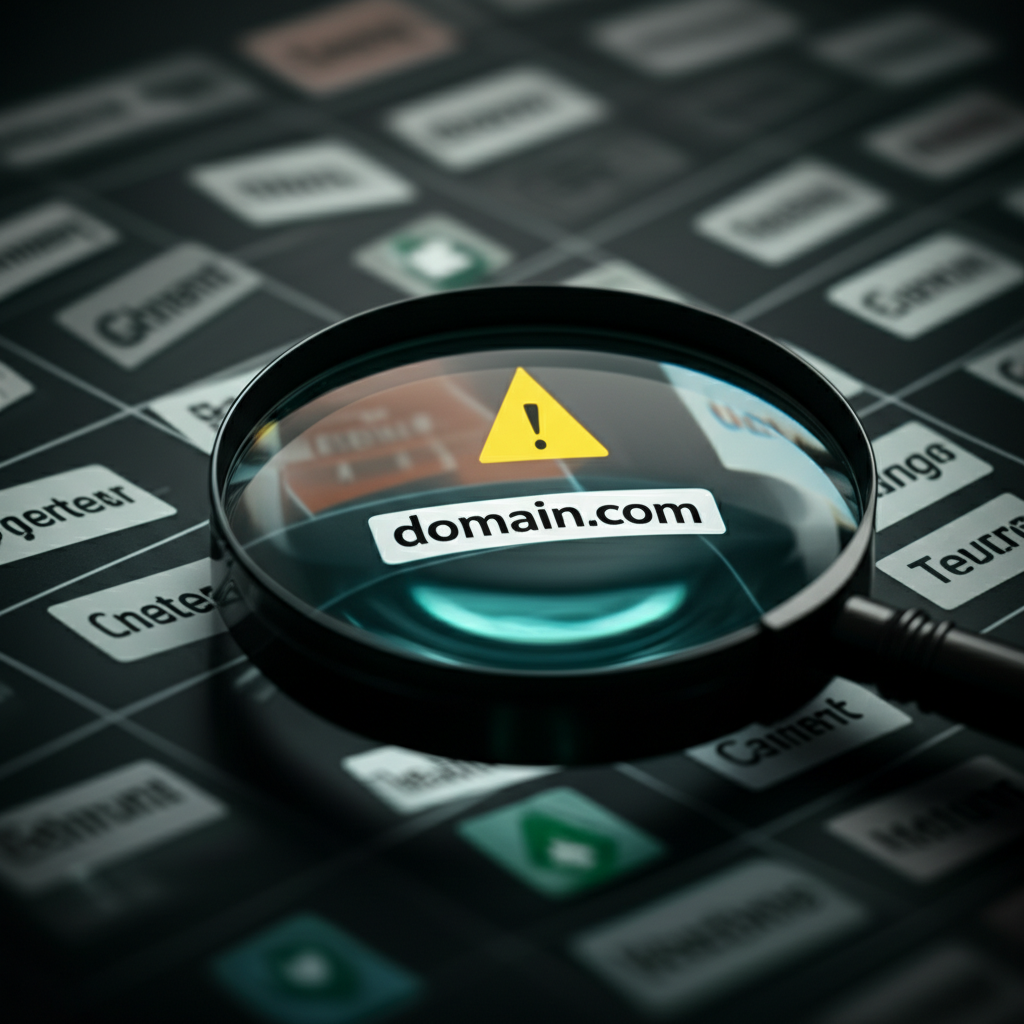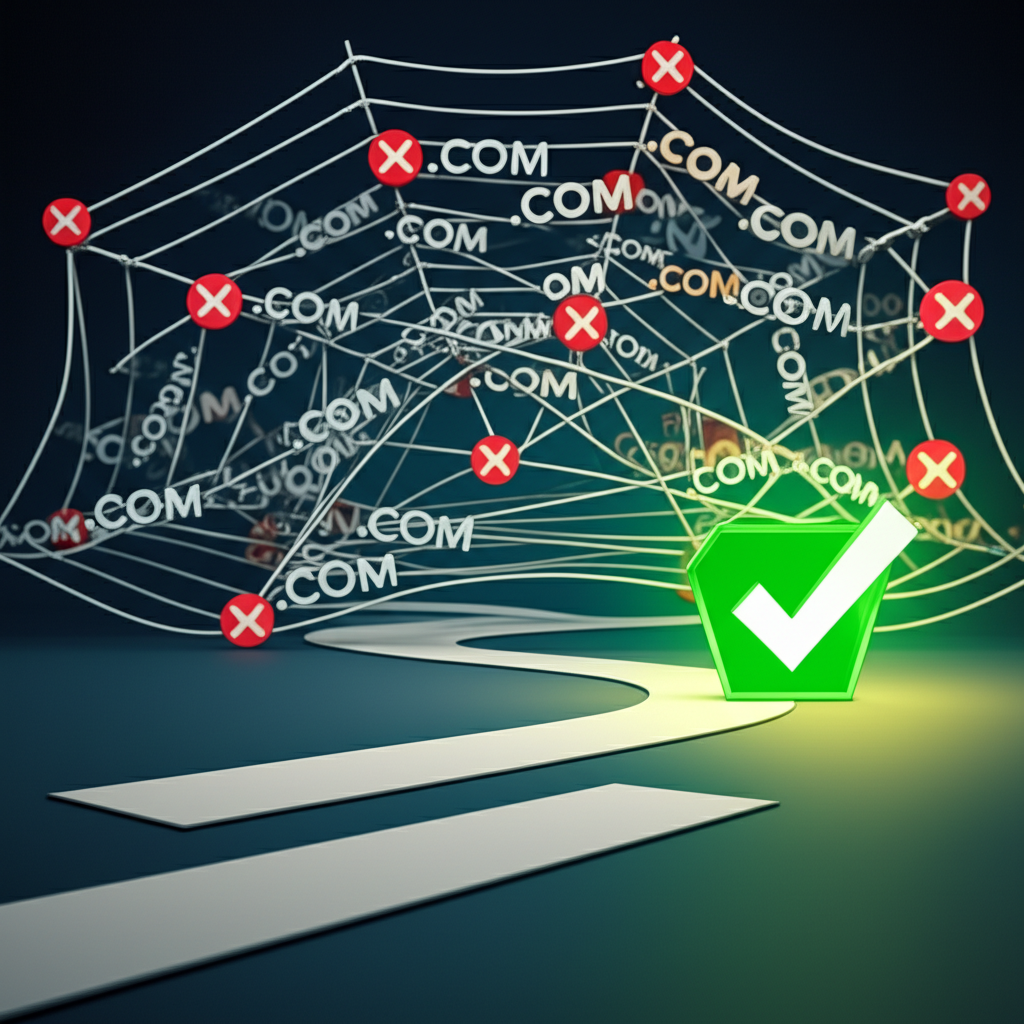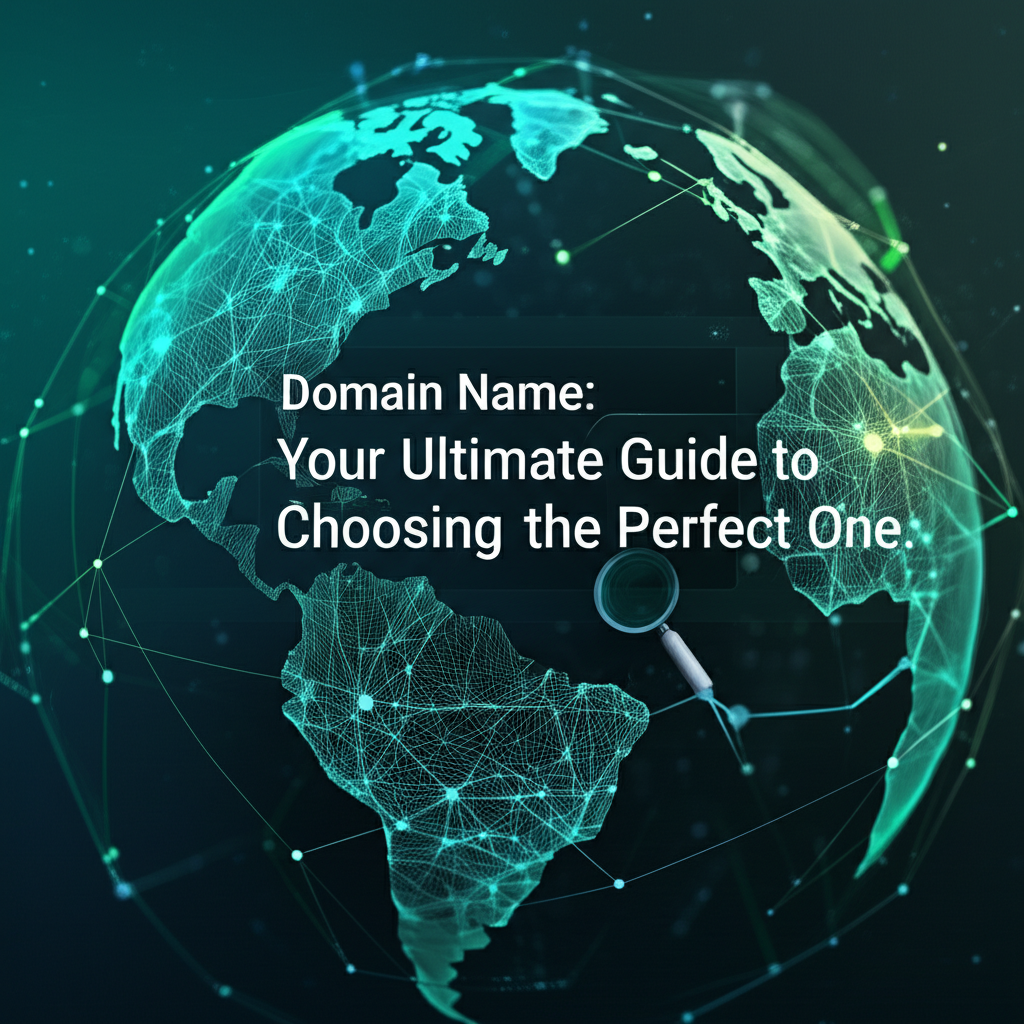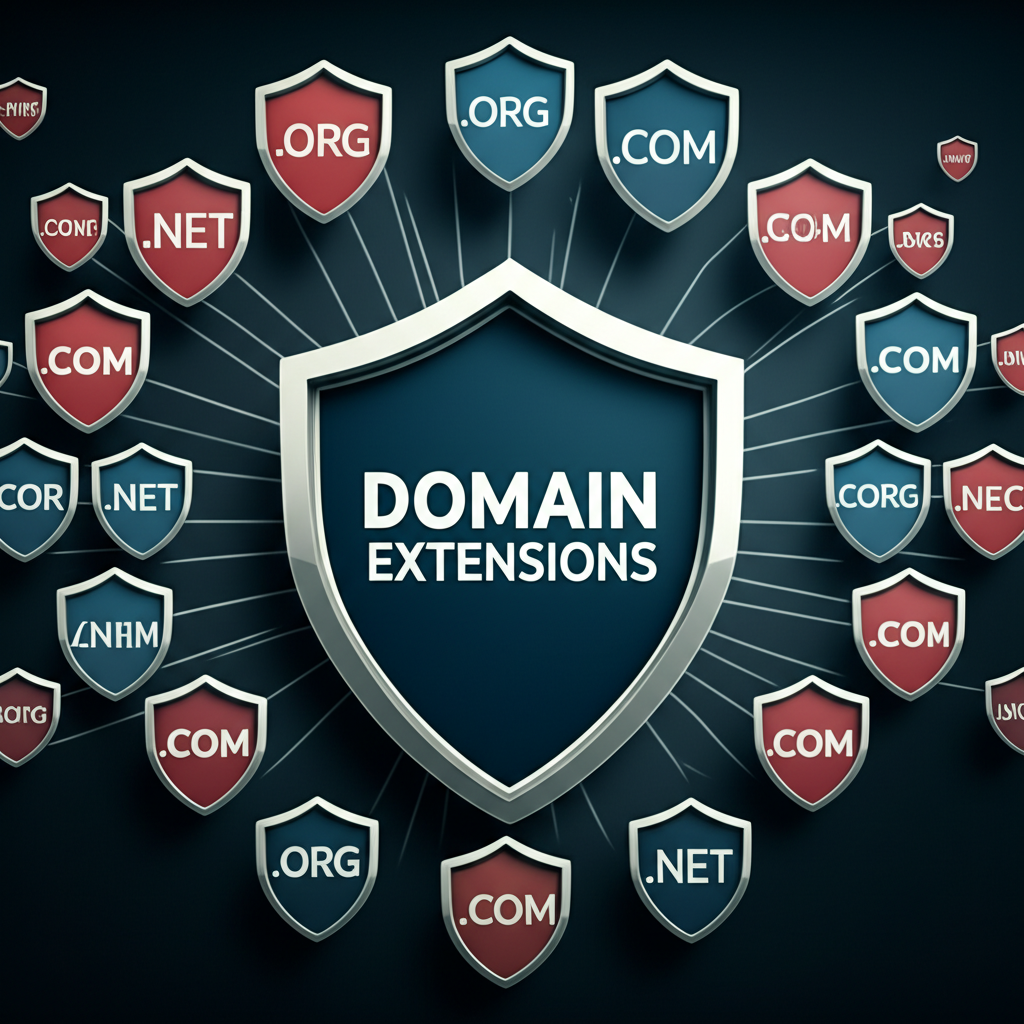- Avoiding Common Domain Buying Mistakes
- 1. Ignoring Keyword Research in Domain Buying
- 2. Choosing the Wrong Domain Extension
- 3. Overlooking Domain History
- 4. Neglecting Trademark Checks
- 5. Not Considering Domain Length and Complexity
- 6. Falling for Domain Buying Scams
- 7. Failing to Secure Domain Privacy
- Securing Your Perfect Domain Name
Domain Buying Mistakes: 7 to Avoid for Best Deals
Domain buying can be a tricky business. Whether you’re a seasoned website developer or just starting your online journey, securing the perfect domain name is crucial for success. A well-chosen domain can significantly impact your online presence, branding, and search engine rankings. However, the process is often fraught with pitfalls that can lead to wasted money, lost opportunities, and future headaches. This article outlines seven common domain buying mistakes to avoid, helping you secure the best deals and set your online venture up for success.
Avoiding Common Domain Buying Mistakes
Snagging the ideal domain name requires careful planning and consideration. Rushing into a purchase can lead to regret and potentially hinder your website’s growth. By understanding these frequent errors, you can navigate the domain market with confidence and make informed decisions.
1. Ignoring Keyword Research in Domain Buying
Keywords play a vital role in search engine optimization (SEO). Including relevant keywords in your domain name can boost your visibility in search results. Failing to conduct thorough keyword research before purchasing a domain means missing out on valuable organic traffic. Research tools like Google Keyword Planner, Ahrefs, and SEMrush can help identify keywords relevant to your niche and with decent search volume.
2. Choosing the Wrong Domain Extension
While .com remains the most popular and recognized domain extension, other options like .net, .org, and niche-specific extensions (.io for tech, .shop for e-commerce) exist. Choosing the wrong extension can confuse your target audience and affect your branding. Carefully consider your target market and industry when selecting an extension. Although less common extensions might seem appealing due to availability, prioritizing .com when possible can enhance credibility and memorability.
3. Overlooking Domain History
A domain’s history can significantly impact its SEO performance. If a domain was previously used for spam or penalized by search engines, it can negatively affect your website’s rankings. Before purchasing a domain, utilize tools like Wayback Machine to check its past content and ensure a clean history. Dealing with a penalized domain can require significant time and effort to rectify, potentially hindering your online progress.
4. Neglecting Trademark Checks
Failing to conduct comprehensive trademark checks can lead to legal disputes and costly rebranding efforts. Ensure your chosen domain doesn’t infringe on existing trademarks. A simple trademark search can save you from potential legal battles and financial setbacks. Ignoring this crucial step can result in being forced to relinquish your domain and rebuild your online presence from scratch.
5. Not Considering Domain Length and Complexity
Long, complex, and difficult-to-spell domains are harder to remember and more prone to typos. Prioritize short, memorable, and easy-to-type domain names. This improves user experience and reduces the risk of losing traffic due to incorrect URL entries. A concise and user-friendly domain contributes to a positive brand image and simplifies online sharing.
6. Falling for Domain Buying Scams
The domain market unfortunately attracts scammers who try to exploit buyers with inflated prices or fake domains. Be cautious of unsolicited offers and stick to reputable domain registrars and marketplaces. Researching the seller and verifying their legitimacy can protect you from fraudulent activities and ensure a secure transaction. Compare prices across different platforms to avoid overpaying and secure the best possible deal.
7. Failing to Secure Domain Privacy
Domain privacy protection shields your personal contact information from being publicly displayed in the WHOIS database. Without this protection, your personal data becomes vulnerable to spam, unwanted solicitations, and potential identity theft. Investing in domain privacy safeguards your information and offers peace of mind. While it might incur a small fee, the added protection makes it a worthwhile investment.
Securing Your Perfect Domain Name
Navigating the complexities of domain buying requires careful consideration and informed decision-making. By avoiding these common pitfalls, you can secure the best deals on domains, create a solid online presence, and pave the way for future success. Remember to prioritize keyword relevance, choose the appropriate domain extension, check the domain’s history, and protect your personal information with domain privacy. Taking the time to address these critical aspects will set your online venture up for long-term success.















Leave a Reply